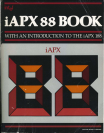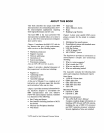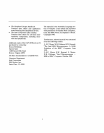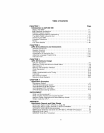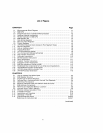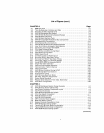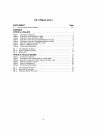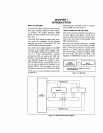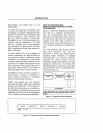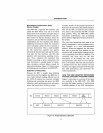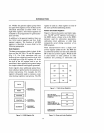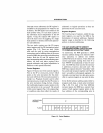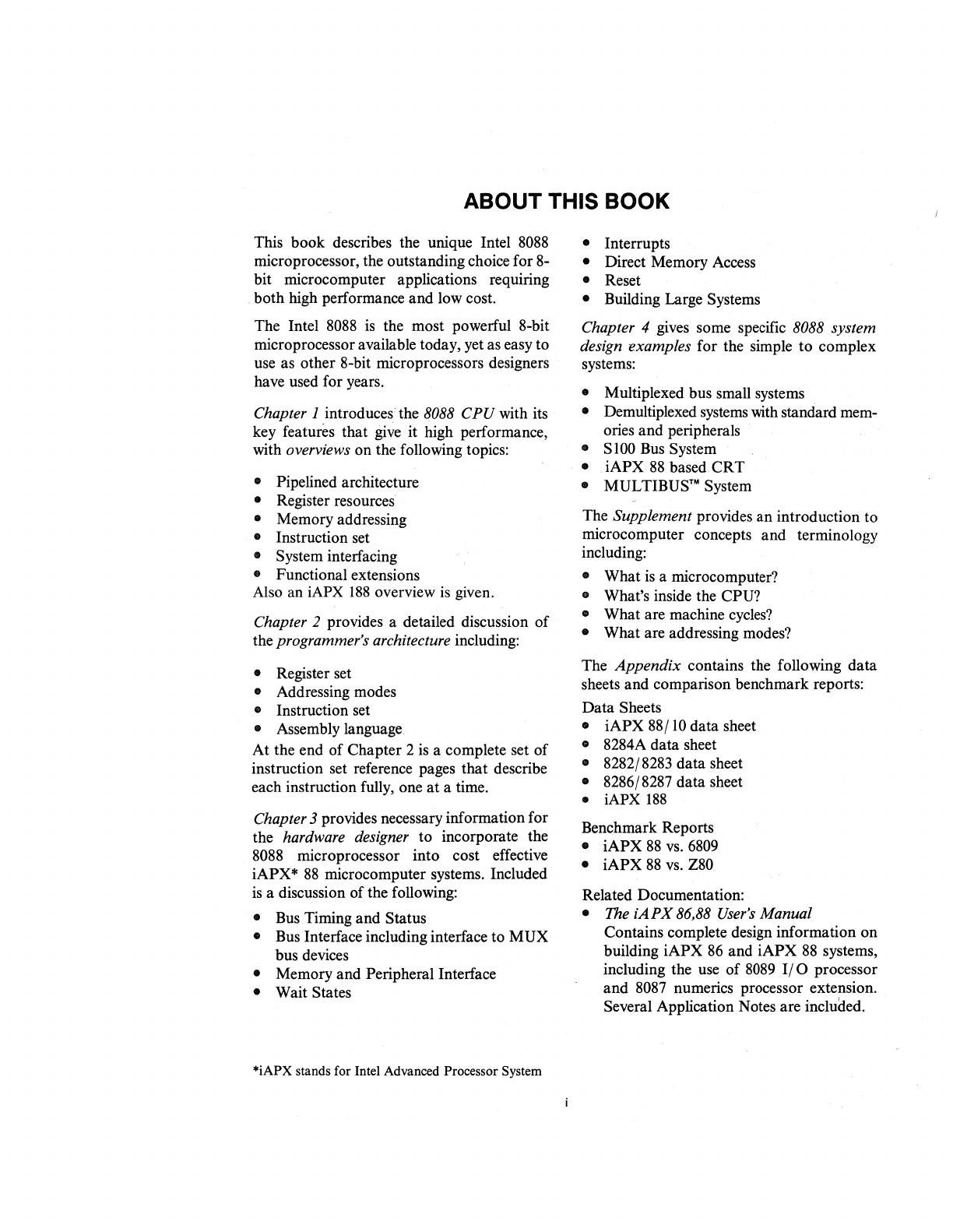
ABOUT THIS BOOK
This
book
describes the unique Intel 8088
microprocessor, the outstanding choice for 8-
bit microcomputer applications requiring
both
high performance
and
low cost.
The Intel
8088
is
the most powerful 8-bit
microprocessor available today, yet as easy
to
use as other 8-bit microprocessors designers
have used for years.
Chapter 1 introduces the
8088
CPU with its
key features
that
give it high performance,
with
overviews
on
the following topics:
• Pipelined architecture
• Register resources
• Memory addressing
It
Instruction set
• System interfacing
It
Functional extensions
Also an iAPX
188
overview
is
given.
Chapter 2 provides a detailed discussion
of
the programmer's architecture including:
• Register set
• Addressing modes
It
Instruction set
• Assembly language
At
the end
of
Chapter
2
is
a complete set
of
instruction set reference pages
that
describe
each instruction fully, one
at
a time.
Chapter 3 provides necessary information for
the
hardware designer
to
incorporate the
8088 microprocessor
into
cost effective
iAPX*
88
microcomputer systems. Included
is
a discussion
of
the following:
• Bus Timing
and
Status
• Bus Interface including interface to
MUX
bus devices
• Memory
and
Peripheral Interface
• Wait States
*iAPX stands for Intel Advanced Processor System
• Interrupts
• Direct Memory Access
• Reset
• Building Large Systems
Chapter 4 gives some specific 8088 system
design examples
for the simple
to
complex
systems:
• Multiplexed bus small systems
• Demultiplexed systems with standard mem-
ories
and
peripherals
•
SlOO
Bus System
•
iAPX
88
based
CRT
• MULTIBUS™ System
The
Supplement provides
an
introduction
to
microcomputer concepts
and
terminology
including:
•
What
is
a microcomputer?
..
What's inside the CPU?
•
What
are machine cycles?
•
What
are addressing modes?
The
Appendix
contains the following
data
sheets
and
comparison benchmark reports:
Data
Sheets
•
iAPX
88110
data
sheet
• 8284A
data
sheet
• 8282/8283
data
sheet
• 8286/8287
data
sheet
• iAPX
188
Benchmark Reports
•
iAPX
88
vs. 6809
•
iAPX
88
vs. Z80
Related Documentation:
• The
iAPX
86,88
User's
Manual
Contains complete design information
on
building
iAPX
86
and
iAPX
88 systems,
including the use
of
8089 110 processor
and
8087 numerics processor extension.
Several Application Notes are
included.



